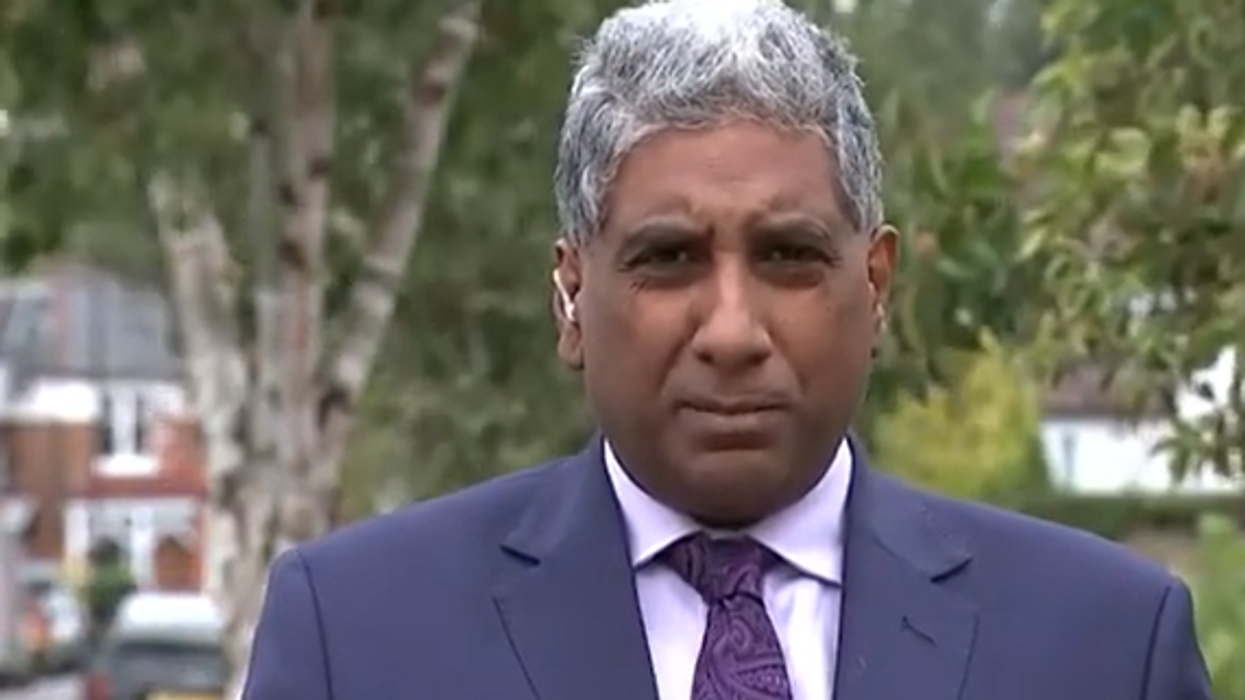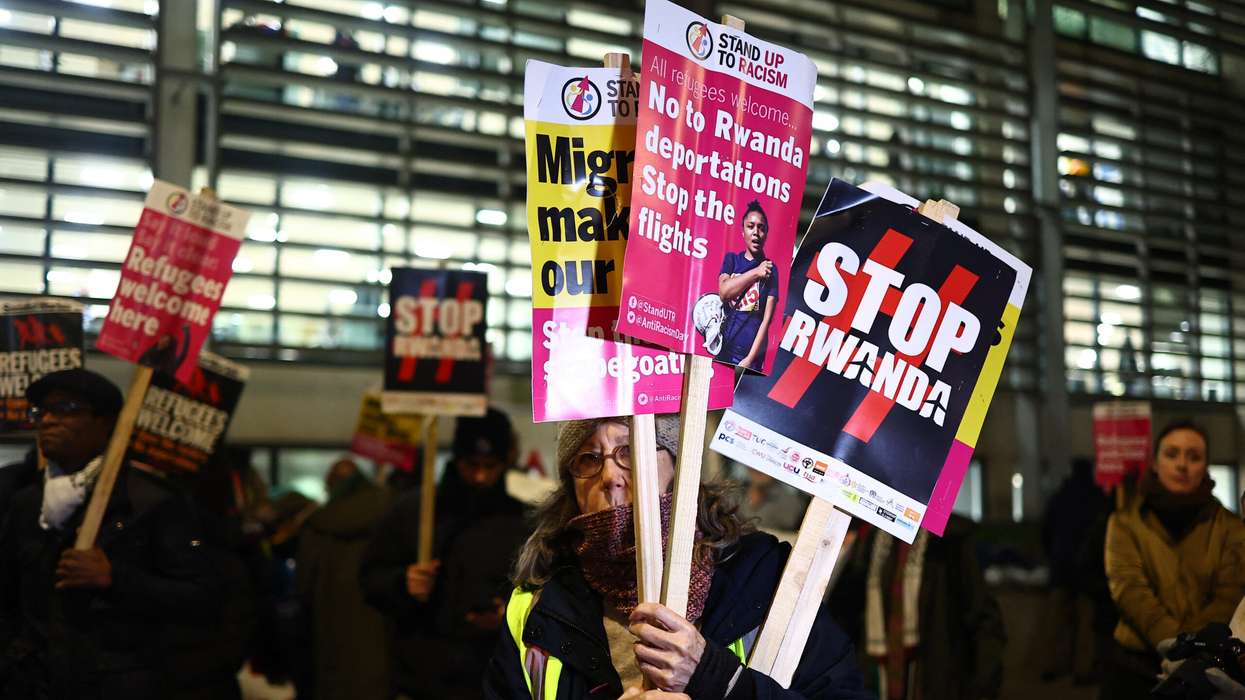THE unprecedented decision by Merseyside Police to publicly identify a suspect's ethnicity following the Liverpool parade collision has sparked concerns about establishing problematic precedents for future investigations, an Asian policing expert has warned.
Former Metropolitan Police superintendent Dal Babu acknowledged the decision as "correct" in countering "racist and Islamophobic misinformation" circulating on social media, but cautioned about potential consequences.
Officers arrested a 53-year-old white British man from Liverpool approximately two hours after the incident, which left dozens injured including four children. The force's immediate disclosure of the suspect's racial background marked a significant departure from standard police practice.
"It doesn't take rocket science to predict what will happen: the far right will twist this and say, 'right, you've named [the race] because it's a white person. Why aren't you naming [the race of] the next person?' And it will present some difficulties and challenges to the police," Babu told the Guardian.
The timing reflects lessons learned from last summer's Southport murders, where false claims that the attacker was a Muslim asylum seeker triggered widespread rioting targeting mosques and asylum seeker accommodation.
Chief constable Serena Kennedy later revealed she had wanted to counter disinformation by disclosing that suspect Axel Rudakubana came from a Christian family, but prosecutors advised against it.
Far-right activists immediately exploited Monday's (26) Liverpool incident, with social media accounts falsely claiming it constituted a terrorist attack and spreading fabricated assertions that the arrested individual was Muslim, contradicting police statements.
However, opinions differ on whether transparency should become standard practice. Jonathan Hall KC, the government's terrorism legislation reviewer, argued the approach should establish precedent.
"The authorities seemed to have learned the lessons of Southport. It should be a precedent, while recognising there will be the odd case where you need to say little or nothing. Transparency is the right precedent," Hall said, adding that disclosure would be necessary even if future suspects were Muslim asylum seekers.
Nick Lowles from Hope Not Hate praised the police response, saying: "Police have learned lessons after Southport. What they did this time was to fill the void, putting information out as soon as possible."
Nevertheless, senior legal sources expressed reservations about potential unintended consequences. One warned that forces could face impossible situations when dealing with suspects who are recent boat arrivals or have obviously Muslim names, creating pressure for disclosure that might inflame rather than calm tensions.
Babu stressed that each case requires individual assessment rather than automatic application of precedent.
"You could imagine a situation where the far right will say, 'Oh, you haven't named the ethnicity of this person and that's because they are a person of colour'. It's really important that people don't see it as a precedent because every incident will be different," he observed.
Prime minister Keir Starmer declined to endorse routine ethnicity disclosure. He said, "That is a matter for the police and the investigation is ongoing so I think we need to leave that to them."





